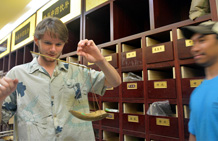
Chinese, Irish, Japanese scientists share 2015 Nobel Prize for physiology, medicine
Source: Xinhua
Updated: 2015-10-06
"But what was really critical was that Tu Youyou identified the active agent in that plant extract," said Zierath, adding "there was a lot of modern chemistry, bio-chemistry attached to this to bring forward this new drug."
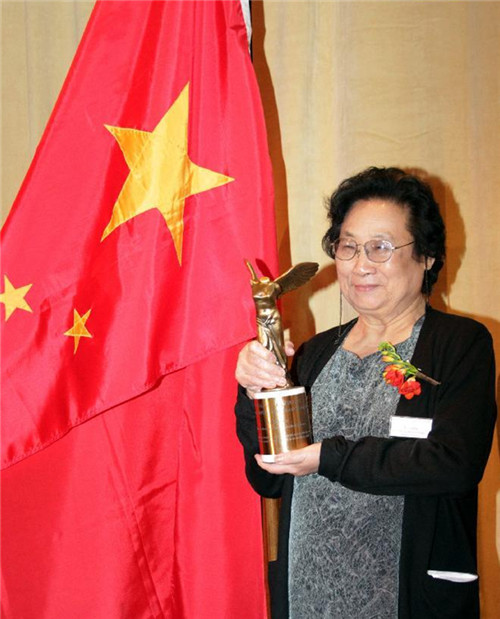
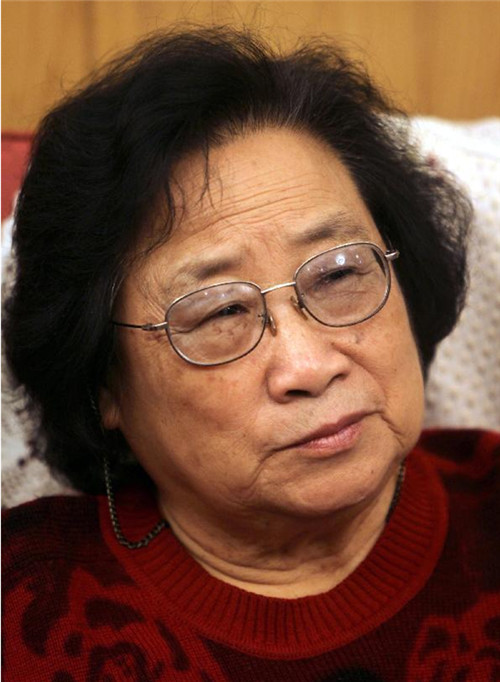
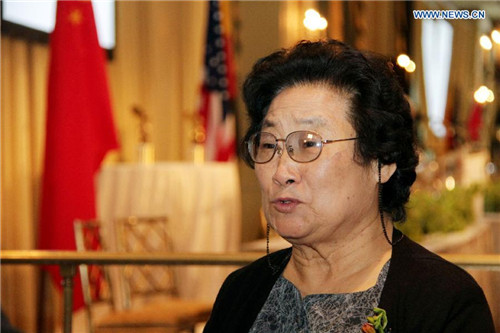
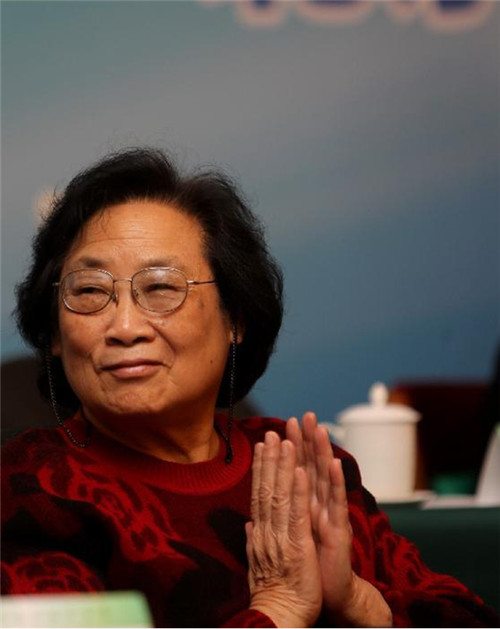
File photo taken on Nov. 15, 2011 shows Chinese pharmacologist Tu Youyou attending a meeting held by the China Academy of Chinese Medical Sciences in Beijing, capital of China. China's Tu Youyou, Irish-born William Campbell, and Japan's Satoshi Omura jointly won the 2015 Nobel Prize for Physiology or Medicine, the Nobel Assembly at Sweden's Karolinska Institute announced on Monday. Tu won half of the prize for her discoveries concerning a novel therapy against malaria.(Xinhua/Jin Liwang)
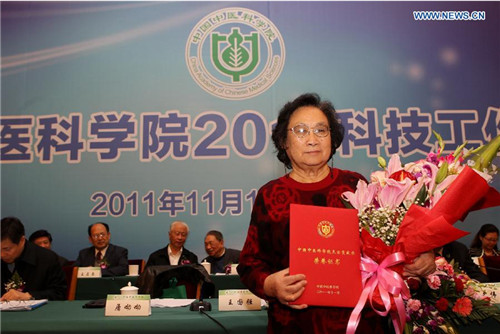
File photo taken on Nov. 15, 2011 shows Chinese pharmacologist Tu Youyou presented with the "outstanding contribution" award at a meeting held by the China Academy of Chinese Medical Sciences in Beijing, capital of China. At the meeting a prize of one million yuan (157,500 U.S. dollars) was awarded to 81-year-old pharmacologist Tu Youyou and her team for their discovery of what has become a standard treatment for malaria. China's Tu Youyou, Irish-born William Campbell, and Japan's Satoshi Omura jointly won the 2015 Nobel Prize for Physiology or Medicine, the Nobel Assembly at Sweden's Karolinska Institute announced on Monday. Tu won half of the prize for her discoveries concerning a novel therapy against malaria.(Xinhua/Jin Liwang)
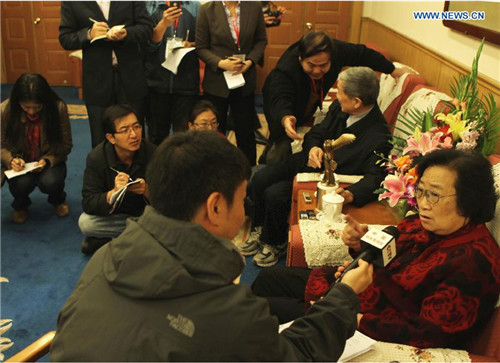
File photo taken on Nov. 15, 2011 shows Chinese pharmacologist Tu Youyou speaking to media after returning from the United States to receive the Lasker Award, a prestigious U.S. medical prize, in Beijing, capital of China. China's Tu Youyou, Irish-born William Campbell, and Japan's Satoshi Omura jointly won the 2015 Nobel Prize for Physiology or Medicine, the Nobel Assembly at Sweden's Karolinska Institute announced on Monday. Tu won half of the prize for her discoveries concerning a novel therapy against malaria.(Xinhua/Jin Liwang)

World Family Summit
The World Family Organization was founded in Europe in 1947 and headquartered in Paris.
Link: / World Health Organization / United Nations Population Fund / UNICEF in China
Copyright 2014 National Health and Family Planning Commission of the PRC All rights reserved



